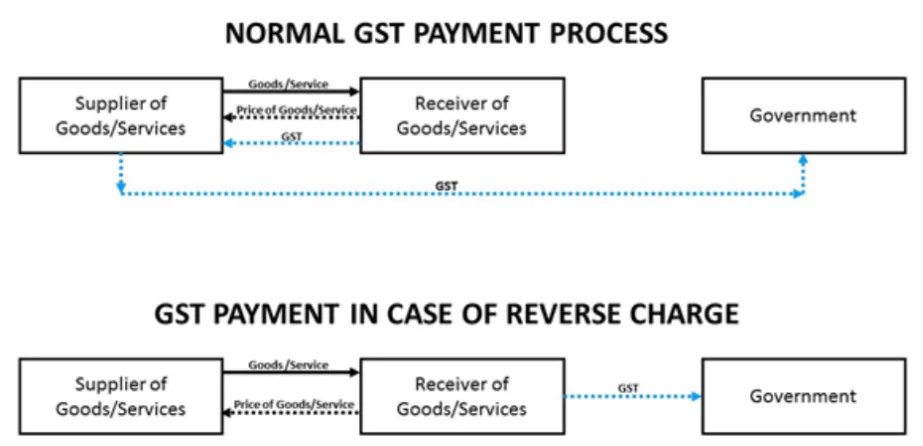The 54th GST Council met under the Chairpersonship of the Union Minister for Finance & Corporate Affairs in New Delhi.
Key Highlights of 54th GST Council
- Cancer Drugs: The GST rate on cancer drugs namely, Trastuzumab Deruxtecan, Osimertinib and Durvalumab to be reduced from 12% to 5%.
- Metal Scrap: Reverse Charge Mechanism (RCM) to be introduced on supply of metal scrap
- Exemption: GST Council recommends to exempt supply of research and development services by a Government Entity; or a research association, university, college or other institution notified u/s 35 of Income Tax Act using government or private grants.
- GST Council also recommends formation of a Group of Ministers (GoM) to study the future of compensation cess
- Compensation Cess: States are guaranteed compensation for any revenue shortfall below 14% growth (base year 2015-16) for the first five years ending 2022.
- GST compensation is paid out of Compensation Cess every two months by the Centre to states.
- Life and Health Insurance: The Council has set up a Group of Ministers (GoM) to thoroughly review GST issues concerning life and health insurance.
- Launch Of B2C E-Invoicing Pilot: One of the most notable decisions from the 54th GST Council meeting was the launch of a pilot for B2C e-invoicing.
Enroll now for UPSC Online Classes
What is Reverse Charge Mechanism?
- Typically: The supplier of goods or services pays the tax on supply.
- Under the reverse charge mechanism: The recipient of goods or services becomes liable to pay the tax, i.e., the chargeability gets reversed.
- Objectives:
- To widen the scope of levy of tax on various unorganised sectors;
- To exempt specific classes of suppliers of goods/services
- To tax the import of services

About GST Council
- About: It is a constitutional body formed under Article 279A(1), enacted by the 101st Constitutional Amendment Act.
- Recommendations: According to Article 279A(4), the GST Council recommends the GST rates for the Union and the States.
- Composition of GST Council (Article 279A(2)): The GST Council brings together representatives from the Centre and the States to oversee the nationwide implementation of GST. Its membership includes:
- Chairperson: Union Finance Minister
- Member: Union Minister of State in charge of Revenue or finance
- Members nominated by each State Government, typically in charge of finance or taxation
- Vice-Chairperson elected from among the Council members (Article 279A(3))
- Decision Making Process: The GST rates are jointly determined by the states and the central government during GST Council meetings.
- The GST Council requires at least half of its total members to be present to conduct a meeting.
- Decisions are made based on a majority of no less than three-fourths of the weighted votes of members present and voting.
- The central government’s vote carries a weight of one-third of the total votes cast, while all states collectively hold the remaining two-thirds weightage.
Check Out UPSC NCERT Textbooks From PW Store
![]() 10 Sep 2024
10 Sep 2024

